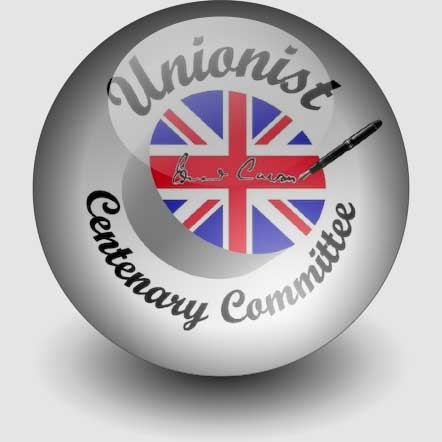Aftermath

First ten signatures of the Covenant
It is not clear what effect the Ulster Covenant campaign had on the Home Rule Bill's parliamentary progress. When Parliament reconvened for its autumn session, Asquith tried to force the Bill through the Commons by ruthless use of the guillotine, but on 11 November it was narrowly defeated by 228 votes to 206. Uproar and acrimony ensued in the Commons. By early 1913 things had quietened down again in the House. The Home Rule Bill continued to be debated hotly, and finally passed the Commons only to be thrown out by the Lords at the end of January, by 326 votes to 69. A period of time had then to elapse before the Bill could become law (the Lords had only a power to delay). By then it was 1914, War had broken out, and a compromise was agreed that the Bill would pass into law accompanied by a suspending Act, effectively postponing Home Rule until peacetime.


Ulster Covenant commemorative medals - (Ulster Museum)

Back in Ulster the Covenant organisers had demonstrated their ability to mobilise huge numbers of people for their cause. In January 1913 this was carried a stage further when the Ulster Unionist Council decided that the Volunteers should become the Ulster Volunteer Force and should be given training in the use of firearms. Recruitment was to be limited to 100,000 men between the ages of 17 and 65 who had signed the Covenant. Thus the stage was set for the next phase of resistance to Home Rule.








